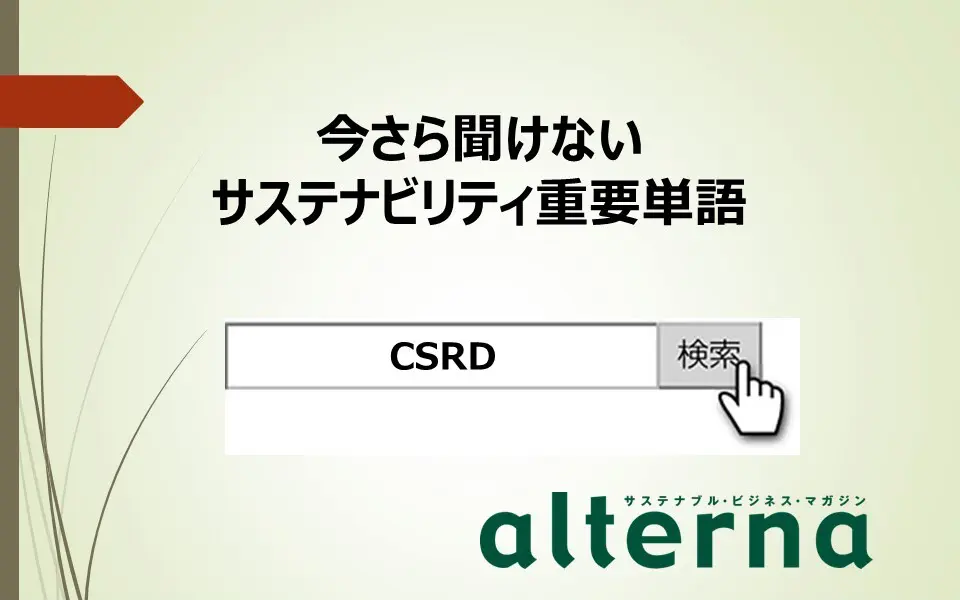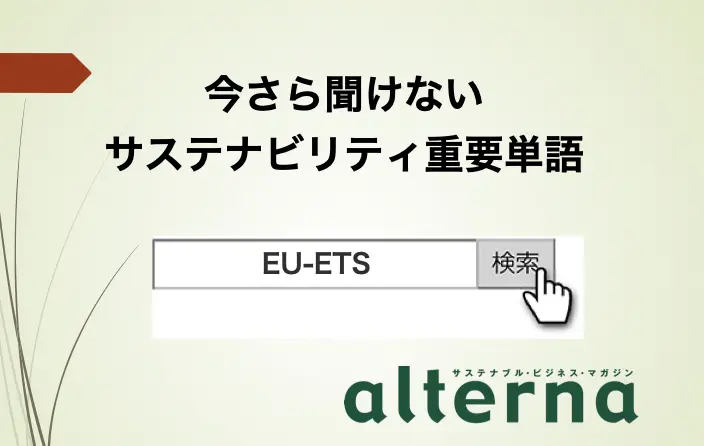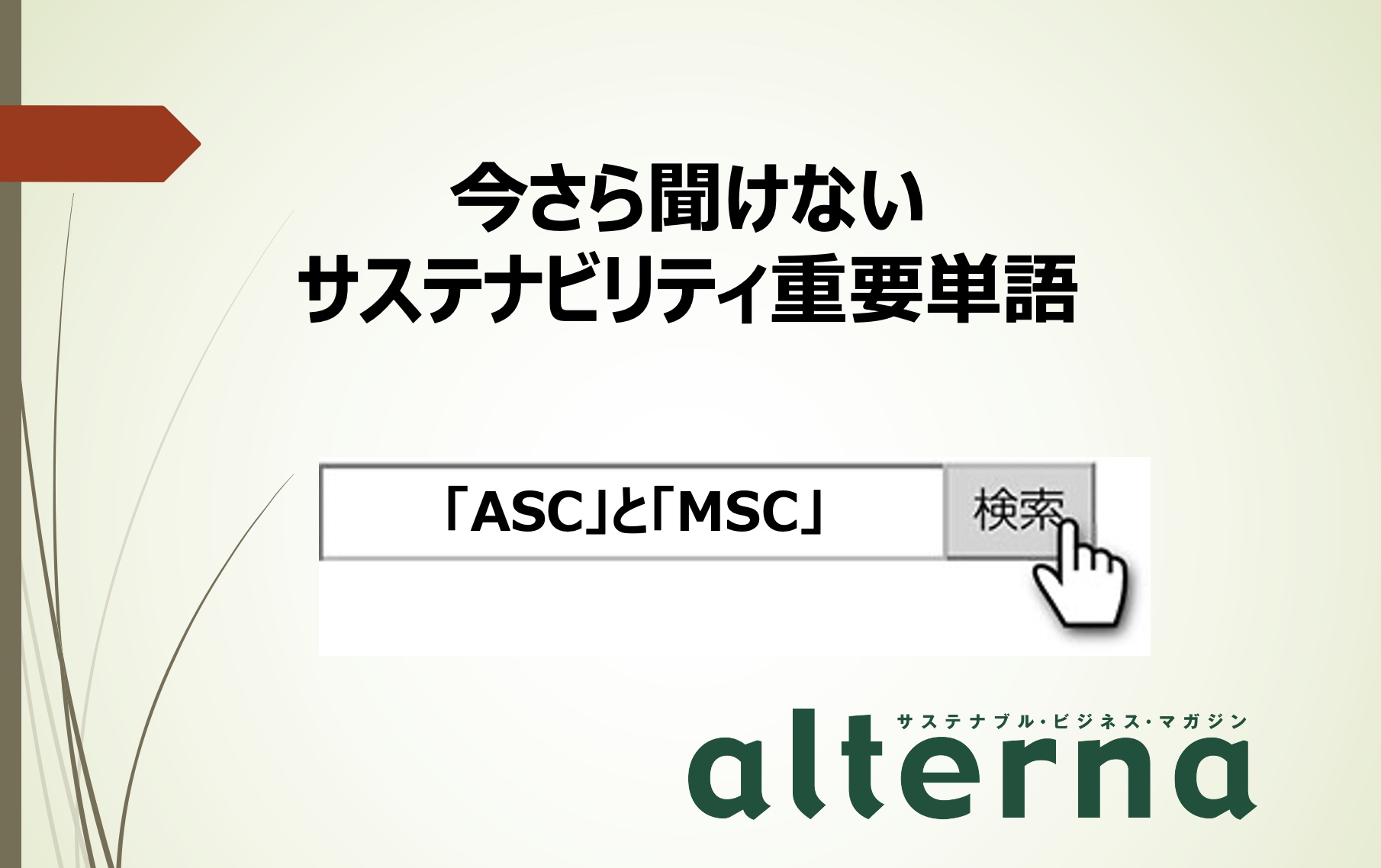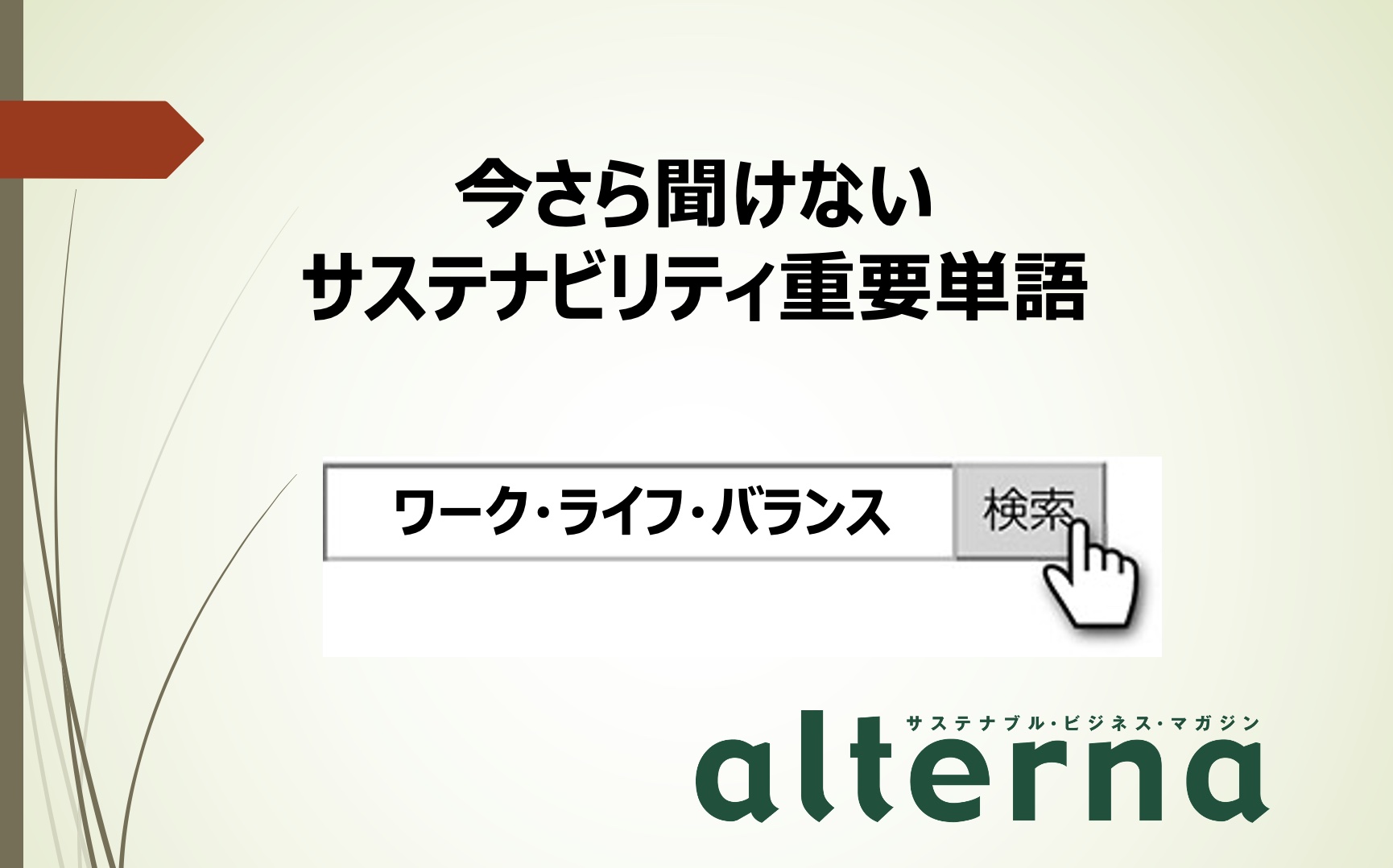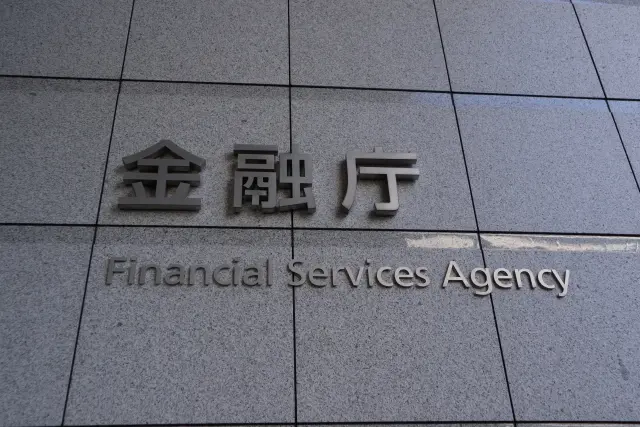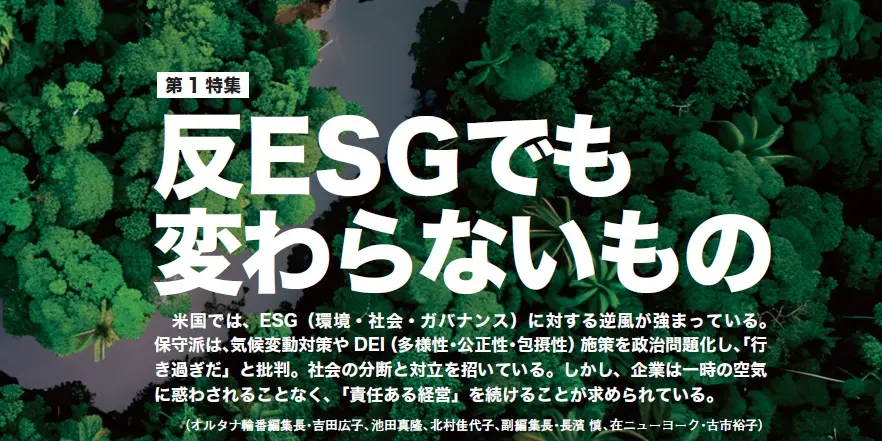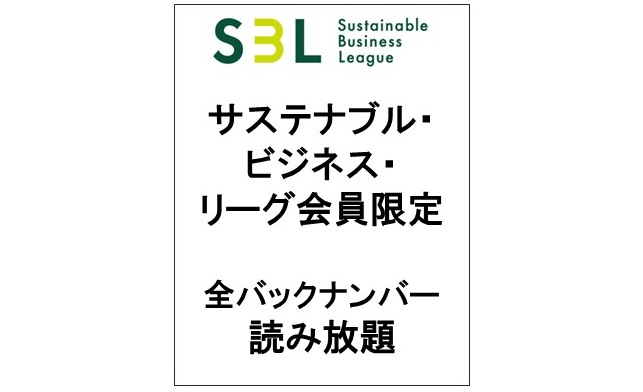あけましておめでとうございます。本年もよろしくお願いいたします。
今月はLesson 6“Consumer Behavior Required Today“「いま求められる消費行動とは」を取り上げます。
企業が環境・社会問題に前向きに取り組もうとしても、消費者の支持がなければ業績につながらず、継続できません。消費者が価格や便利さ、流行性でものを選ぶのでなく、環境や社会などへの影響を考慮して買うものを選び、責任をもって使うことは、企業が環境問題に取り組むうえでも重要なことです。
一年の計、ではないですが、英文を読みながら、今年の消費のスタイルに思いをめぐらしてみるのもよいかもしれません。
【語注】
consumer spending 個人消費
conscious 意識的な
proactive 先を見越した、先回りした、積極的な、前向きな
means 資力、財力、富
unscrupulous 不正をおこなう、たちの悪い
specific 具体的な
■持続可能な社会の実現と消費行動
The late Wangari Maathai, a Nobel Peace Prize winning environmentalist, stated, “we need to invest in what is sustainable, not in weapons. We must rethink our normal consumption and living patterns. We should invest in ‘peace’.” If we make no effort to change our lifestyles now, conflict will emerge from the struggle for resources. We are required to foster the environment and manage resources in a responsible and sustainable way in order to prevent conflicts and wars, and to keep the world at peace. One of the keys to realize a sustainable society where there are no conflicts as well as where the issues of environmental conservation and effective utilization of resources are considered is how individuals consume in daily lives. the work of businesses and governments, as well as the consumption behavior of individuals.
【訳】
ノーベル平和賞を受賞した環境保護活動家、故ワンガリ・マータイ氏は次のように述べています。「武器でなく、持続可能なことに投資していかなければなりません。普段の消費、生活パターンを見つめ直し、『平和』に投資する必要があります。いま、私たちのライフスタイルを変える努力をしなければ、資源の争いから対立が生まれます。対立や戦争を未然に防ぎ、世界を平和に保つただひとつの方法として、環境をはぐくみ、資源を責任あるほうほうで持続可能に管理していくことが求められているのです」
環境保護や資源の有効活用という問題に関心が寄せられていると同時に、平和で争いのない世界である持続可能な社会の実現に向けてカギを握るのは、個人の消費行動です。
The late 〇〇は「故〇〇」です。
ワンガリ・マータイ氏といえば、日本文化に根付く「もったいない」という美しい概念に着目し、環境を守る世界共通語MOTTAINAIとして提唱したことで知られています。
As consumer spending accounts for about 60% of Japan’s GDP (gross domestic product), consumers give significant impacts on society and the economy. The late former United Nations Secretary-General Kofi Annan also stated that the consumption behavior of each individual has the power to change the world.
【訳】
日本のGDP(国内総生産)の約6割は個人消費であり、消費者が社会や経済に与える影響は大きいものです。故コフィ・アナン元国連事務総長も、ひとりひとりの消費行動が世界を変える力がある、と述べています。
主語+account for~ で「~から成る、~(割合)を占める、構成する」です。
Our lives are shaped by our consumption behavior, which determines our lifestyles and influences many different people and societies, including producers and sellers in Japan and abroad. There is an increasing demand for conscious consumption behavior and proactive decision-making.
【訳】
私たちの生活は消費行動によって形作られています。消費行動はライフスタイルを決め、国内外の生産者や販売者など様々な人や社会に影響を及ぼします。自覚ある消費行動、主体的な意思決定がさらに求められています。
conscious consumption behaviorのconscious は「意識的な」ですが、昨今では「環境問題について意識的な」というニュアンスで用いられることも多いようです。経営者のベクトルを数字最優先の従来の資本主義から「社会あっての企業」というありかたに大きく変えることになったJohn Makey& Dr. Rajendra Sisodia による Conscious Capitalism (翻訳『世界でいちばん大切にしたい会社』)をご参照ください。
■消費者の権利と責任とは何か
In general, individual consumers have no advantage over businesses in terms of means and information-gathering ability. The consumer movement began to spread in the 1950s, when consumer problems became a major social issue, and consumer protection laws were developed.
In 1962, John F. Kennedy proposed the “Four Rights of the Consumer,” which became the basis for consumer protection policies in US. Later, in 1975, Ford added the “Right to Consumer Education.” In 1982, the International Consumer Organization (CI) proposed the “Eight Rights of the Consumer.” At the same time, CI outlined the five responsibilities of the consumer, indicating that consumers have not only rights but also responsibilities.
【訳】
一般に、個人の消費者は事業者と比較して資力や情報収集力で劣ります。消費者問題が大きな社会問題となった1950年代から消費者運動が広まり、消費者保護の法律の整備が進められました。
1962年、ジョン・F・ケネディは「消費者の4つの権利」を提唱し、消費者保護政策の基礎となりました。後に、1975年にフォードが「消費者教育を受ける権利」を追加しました。1982年には国際消費者機構(CI)が「消費者の8つの権利」を提唱するとともに「消費者の5つの責任」を示し、消費者には権利だけでなく責任もあることを明らかにしました。
ケネディが提唱した「消費者の4つの権利」とは安全への権利(the right to safety)、情報を与えられる権利(the right to be informed)、選択をする権利(the right to choose)、意見を聴かれる権利(the right to be heard)をさします。
CIによる「消費者の5つの責任」とは、批判的意識をもつ責任(critical awareness)、社会的弱者への配慮責任(social responsibility)、主張し行動する責任(action)、環境への配慮責任(environmental awareness)、連帯する責任(solidarity)をさします。
have no advantage over ~に劣る。
means は「財産」。Man of means で「資産家」となります。ちなみに、あまり資産のない人の場合は man of modest means で表わせます。
In Japan, the Consumer Protection Basic Law was enacted in 1968 to provide relief for consumers. Later, it was amended in 2004 to become the Consumer Basic Law, that states that the basic principle of the law is to respect the rights of consumers and support their independence. Consumers are encouraged to be independent and take responsibility for their own consumption behavior, rather than just being protected and vulnerable.
【訳】
日本では、1968年に消費者保護基本法が制定されて消費者の救済が始まり、2004年には消費者基本法に改正されました。消費者基本法の基本理念は消費者の権利の尊重と消費者の自立支援です。消費者は、保護される弱者ではなく、自立し自らの消費行動に責任を持つよう促されています。
■社会的な消費観を持った消費行動
Japanese society is still in the process of fostering awareness of consumer rights and responsibilities. This is why the Consumer Education Promotion Act was enacted in 2012, which defines the promotion of consumer education as a governmental obligation and sets forth the principle of realizing a consumer civil society. In the past, consumer education tended to remain in the personal realm of protecting consumers from unscrupulous business practices. Today we need different consumer education for making consumers be highly independent, work voluntarily with society, and develop a social view of consumption.
【訳】
日本社会においては消費者の権利や責任の意識の醸成はまだ途上です。そこで2012年には消費者教育推進法が制定されました。これは消費者教育の推進を行政の義務と定め、消費者市民社会の実現を理念として掲げています。従来の消費者教育は、悪質商法などからの消費者の保護といった個人的な領域にとどまりがちでした。今後は消費者が高度に自立して、自発的に社会に働きかける、社会的な消費観のための教育が必要です。
consumer civil society (消費者市民社会)について、消費者教育推進法では、「消費者が、個々の消費者の特性及び消費生活の多様性を相互に尊重しつつ、自らの消費生活に関する行動が現在及び将来の世代にわたって内外の社会経済情勢及び地球環境に影響を及ぼし得るものであることを自覚して、公正かつ持続可能な社会の形成に積極的に参画する社会」と定義しています
Specific consumption behaviors required include supporting providers of safer and higher quality products, communicating complaints and opinions to the government and businesses, and having an ethical perspective and mindset for the next generation and others, such as environmental considerations and support for vulnerable people. Local governments are also promoting ethical consumption, and in 2018, Tokushima Prefecture established an ethical consumption ordinance.
【訳】
具体的に求められる消費行動としては、より安全で質の高い商品の提供者を応援していくこと、行政や事業者に苦情や意見を伝えること、環境配慮や社会的弱者支援などの次世代や他者への倫理的な視点(エシカルマインド)を持つことが挙げられます。地方行政もエシカル消費を推進しており、2018年に徳島県ではエシカル消費条例が定められました。
ここで紹介されていますが、徳島県では青少年対象のエシカル消費教育がさかんにおこなわれており、「エシカル甲子園」開催地にもなっています。2020年7月には徳島県に消費者庁「新未来創造戦略本部」が開設されました。とくしま消費者行政プラットホーム|徳島県の消費者行政 (tokushima.lg.jp)
徳島県の調査によれば、エシカル消費の認知度について、「言葉及び意味を知っている」と答えたのは15.3%、「言葉のみ知っている、聞いたことがある」は38.6%、合計は53.9%でした。なお昨年度に実施した同様の調査では合計50.8%であり、昨年度から3.1%増加しました。「令和3年度 徳島県における『倫理的消費(エシカル消費)』に関する消費者意識調査」の結果について|徳島県ホームページ (tokushima.lg.jp)
小学校、中学校、高校における体系的かつ一貫した消費者教育がきわめて重要であることは論をまちません。家庭科・家庭科教員だけの問題とするのでなく、社会科や理科など関連する他学科との連携も求められます。
日本でなぜエシカル消費が広まっていないのか、これからどうするべきかという問いについては以下の拙論をご参照ください。
「日本にエシカル消費は根付くか――家庭科教育の視点から」(2020)、“Differences of Penetration of Ethical Consumption Between US and Japan from a Viewpoint of the Idea of Home Economics” (2020).
今月はここまでです。また次回お目にかかりましょう。
よい一年になりますように!



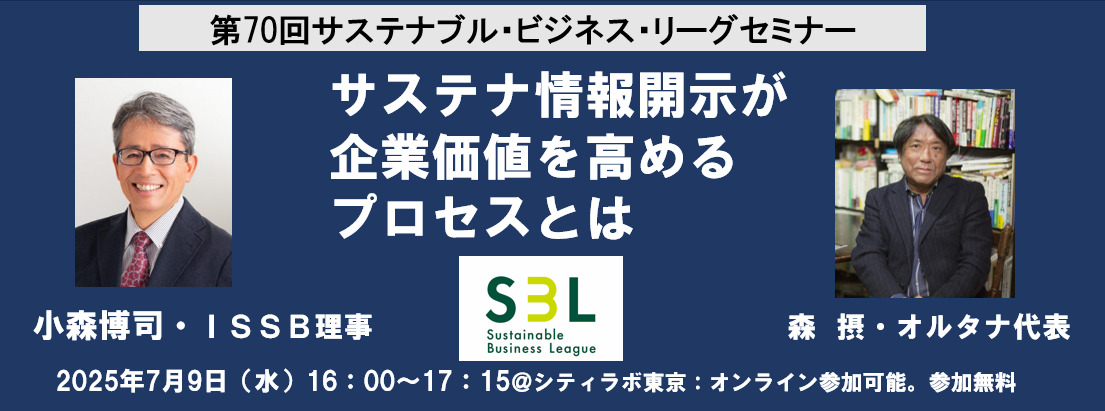




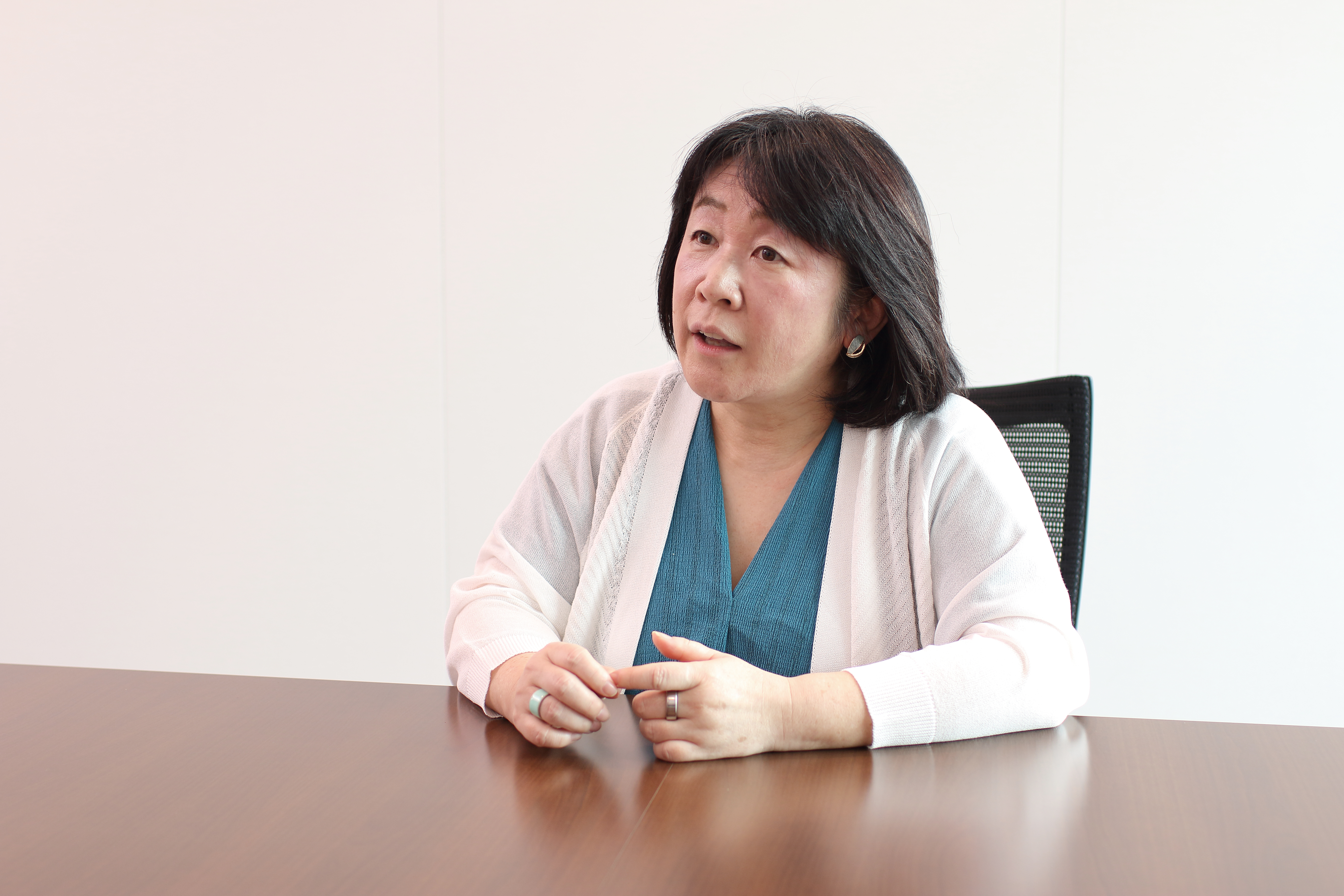
-1-scaled.jpg)
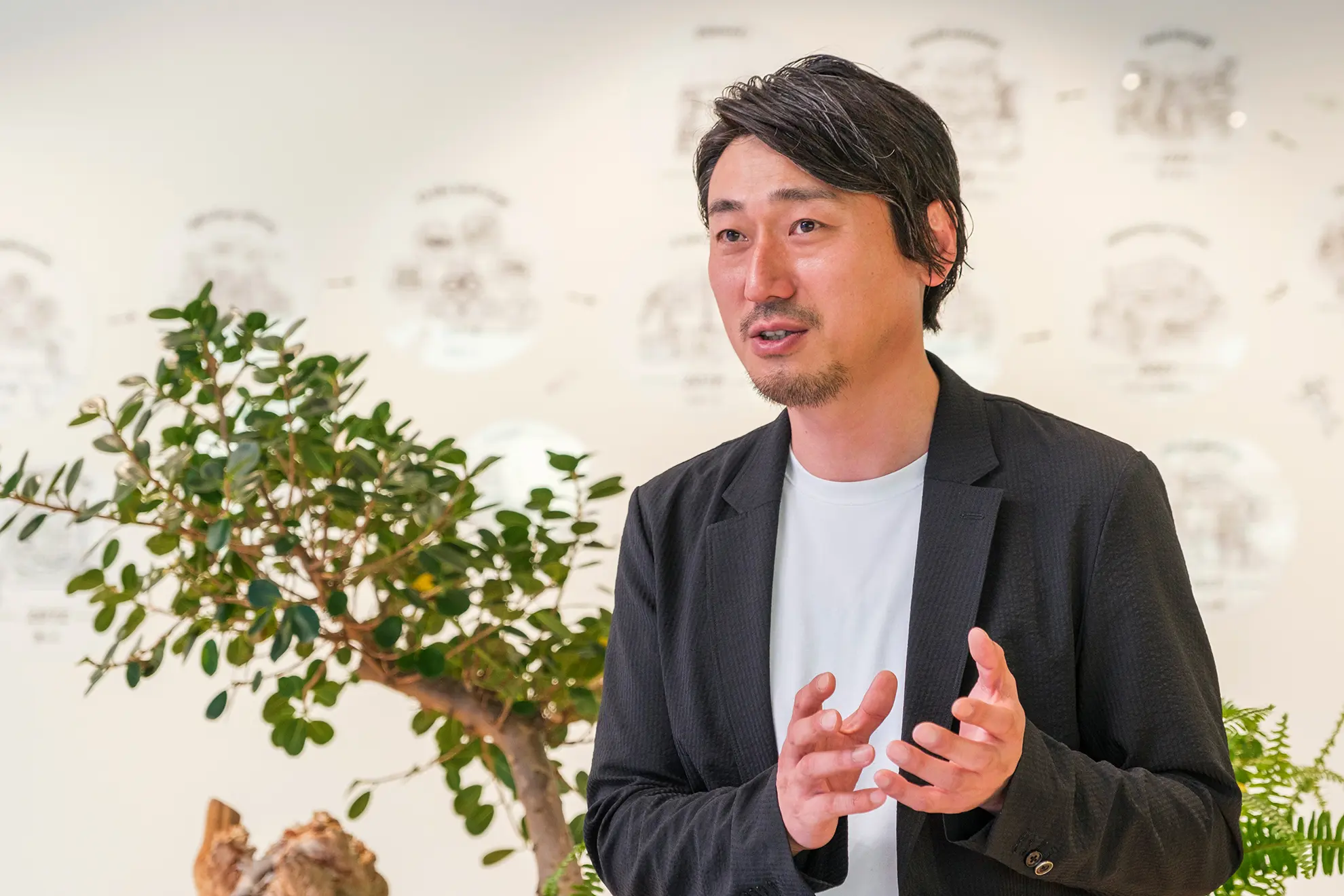
-scaled.jpg)







